Shenzhen Wesort Optoelectronics Co., Ltd.
Address:Building 29, Longwangmiao Industrial Zone, Fuyong street, Bao'an District, Shenzhen, Guangdong Province, China.
Phone:+86 181 2370 6862
If your processing plant is not using a high-quality optical sorter, you may be missing out on an indispensable technology that can improve your production capacity and product quality. Modern Color sorters eliminate the need for time-consuming and inefficient manual sorting. They can handle complex sorting that cannot be accomplished by traditional mechanical sorting, such as air screen cleaners, gravity concentrators, destoners, and creasing machines. These machines can improve your cleaning line's efficiency, accuracy, and quality. A wide range of models is available to match a variety of seed, food, grain, feed, and milling applications and plant capacity.
Many industries, especially agriculture and food processing, have found Color sorters to be an integral part of their operations due to their ability to remove dangerous foreign material such as glass and stone. These machines can quickly sort many different types of materials.
Color sorters, also known as Color sorters have had a transformative impact on seed and grain processing plants. They can identify the characteristics of the raw materials passing through the machine and sort them based on color, size, quality, and kernel defects. Rejected grains are ejected from the acceptable product along with other grains, foreign material such as stones and glass. Defective material is any material that contains impurities such as discolored fragments, foreign matter, damaged seeds, or diseased kernels. Using an optical sorter to remove these foreign materials can extend the life of downstream equipment while ensuring the safety of the finished product.
Most Color sorters use several types of high-definition cameras to view the kernels in the visible spectrum, just as the human eye does, but also to view the kernels at wavelengths outside the range that the human eye cannot see, allowing for more difficult separations. For example, dark grains and dark kernels appear the same color to the human eye, but cameras outside the wavelength range that the human eye cannot see can distinguish them and remove the kernels. The cameras in an optical sorter can be programmed to use a variety of sorting criteria: color, size, shape, texture, disease, and pests are some common examples. The imaging technology is so precise that the cameras can be fine-tuned to the exact color of the product and quickly reject mismatched products, which is very useful when consumers expect uniform products.

Years ago, before automated machines became widely available, all sorting was done manually. As you can imagine, this manual process was extremely time-consuming, inefficient, and inaccurate. Mechanical grain sorters were the next evolution in efficiency and quality in grain handling plants, and are still manufactured and used today in plants around the world. These mechanical sorters include air screen cleaners, toothed drum sorters, gravity concentrators, and destoners, to name a few. Modern plants are improving the quality and efficiency of mechanical sorting by adding color sorters as a new step in existing processes, or replacing them entirely in certain grains, to improve product quality and reduce operating costs. Color sorting technology can catch defects that the human eye can’t see, ensuring that product quality is consistent day after day and shift after shift, and adding a sorting tool with visual effects that mechanical sorters can’t achieve.
Like any machine, color sorters need to be properly maintained to keep them performing at their best. Even the best color sorters can suffer from performance degradation if they are not cleaned or maintained. Regular maintenance is essential to protecting your investment and ensuring your operation runs smoothly.
It is critical to keep all parts of your color sorter clean and mechanically maintained. Dust filters need to be checked and cleaned regularly. Another way to extend the life of your machine is to monitor the air quality of the compressor. If you find that the compressed air contains moisture, oil, or dust, it may mean that the internal valve mechanism is faulty and needs to be replaced.
Once you have confirmed that the machine is clean and running well, check the performance of the software and sensors. While this basic monitoring is becoming increasingly automated, operators still need to keep a close eye on real-time conditions. For example, older color sorters may still require manual calibration, but newer generation color sorters eliminate this need through the use of internal calibration algorithms. Like any computer system, the color sorter's database and parameter settings need to be backed up regularly.
Of course, the best way to maintain your color sorter is to hire a professional like WESORT. Our experienced and certified technicians can perform regular preventive maintenance to help you protect your valuable equipment and avoid unexpected downtime.
Integrating a color sorter into your processing flow can save you time and money while improving your overall output and quality. To learn more about improving operational efficiency, check out our blog!
If your processing plant is not using a high-quality optical sorter, you may be missing out on an indispensable technology that can improve your production capacity and product quality. Modern Color sorters eliminate the need for time-consuming and inefficient manual sorting. They can handle complex sorting that cannot be accomplished by traditional mechanical sorting, such as air screen cleaners, gravity concentrators, destoners, and creasing machines. These machines can improve your cleaning line's efficiency, accuracy, and quality. A wide range of models is available to match a variety of seed, food, grain, feed, and milling applications and plant capacity.
Many industries, especially agriculture and food processing, have found Color sorters to be an integral part of their operations due to their ability to remove dangerous foreign material such as glass and stone. These machines can quickly sort many different types of materials.
Color sorters, also known as Color sorters have had a transformative impact on seed and grain processing plants. They can identify the characteristics of the raw materials passing through the machine and sort them based on color, size, quality, and kernel defects. Rejected grains are ejected from the acceptable product along with other grains, foreign material such as stones and glass. Defective material is any material that contains impurities such as discolored fragments, foreign matter, damaged seeds, or diseased kernels. Using an optical sorter to remove these foreign materials can extend the life of downstream equipment while ensuring the safety of the finished product.
Most Color sorters use several types of high-definition cameras to view the kernels in the visible spectrum, just as the human eye does, but also to view the kernels at wavelengths outside the range that the human eye cannot see, allowing for more difficult separations. For example, dark grains and dark kernels appear the same color to the human eye, but cameras outside the wavelength range that the human eye cannot see can distinguish them and remove the kernels. The cameras in an optical sorter can be programmed to use a variety of sorting criteria: color, size, shape, texture, disease, and pests are some common examples. The imaging technology is so precise that the cameras can be fine-tuned to the exact color of the product and quickly reject mismatched products, which is very useful when consumers expect uniform products.

Years ago, before automated machines became widely available, all sorting was done manually. As you can imagine, this manual process was extremely time-consuming, inefficient, and inaccurate. Mechanical grain sorters were the next evolution in efficiency and quality in grain handling plants, and are still manufactured and used today in plants around the world. These mechanical sorters include air screen cleaners, toothed drum sorters, gravity concentrators, and destoners, to name a few. Modern plants are improving the quality and efficiency of mechanical sorting by adding color sorters as a new step in existing processes, or replacing them entirely in certain grains, to improve product quality and reduce operating costs. Color sorting technology can catch defects that the human eye can’t see, ensuring that product quality is consistent day after day and shift after shift, and adding a sorting tool with visual effects that mechanical sorters can’t achieve.
Like any machine, color sorters need to be properly maintained to keep them performing at their best. Even the best color sorters can suffer from performance degradation if they are not cleaned or maintained. Regular maintenance is essential to protecting your investment and ensuring your operation runs smoothly.
It is critical to keep all parts of your color sorter clean and mechanically maintained. Dust filters need to be checked and cleaned regularly. Another way to extend the life of your machine is to monitor the air quality of the compressor. If you find that the compressed air contains moisture, oil, or dust, it may mean that the internal valve mechanism is faulty and needs to be replaced.
Once you have confirmed that the machine is clean and running well, check the performance of the software and sensors. While this basic monitoring is becoming increasingly automated, operators still need to keep a close eye on real-time conditions. For example, older color sorters may still require manual calibration, but newer generation color sorters eliminate this need through the use of internal calibration algorithms. Like any computer system, the color sorter's database and parameter settings need to be backed up regularly.
Of course, the best way to maintain your color sorter is to hire a professional like WESORT. Our experienced and certified technicians can perform regular preventive maintenance to help you protect your valuable equipment and avoid unexpected downtime.
Integrating a color sorter into your processing flow can save you time and money while improving your overall output and quality. To learn more about improving operational efficiency, check out our blog!
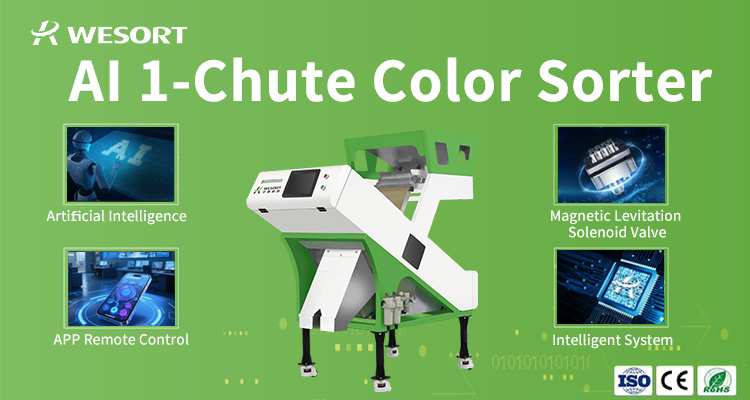
In modern agriculture, food processing, and recycling, quality control plays a vital role. This is where an optical sorter comes in. Many buyers often ask: What is an optical sorter? What does it do? How much does it cost? And how is WESORT optical...
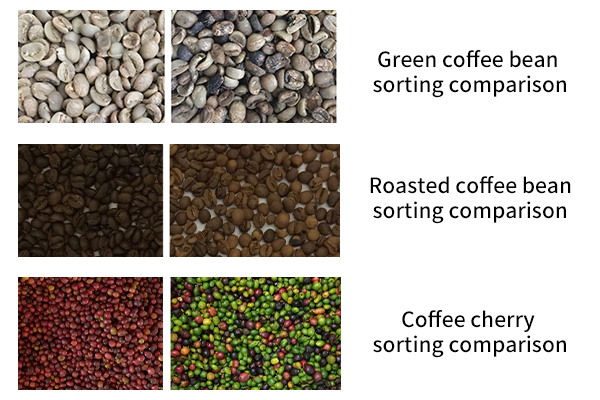
In the coffee industry, the quality of the final cup often depends on the smallest details during processing. One crucial step is removing defective beans, foreign materials, and color inconsistencies. This is where a coffee bean color sorter plays...

Coffee processing is a complex and meticulous task that involves several stages to transform raw coffee cherries into the high-quality beans we enjoy in our morning brew. One crucial step in this process is the sorting of coffee beans based on thei...

In the world of walnut processing, even the smallest imperfection can significantly impact product quality, market price, and brand reputation. Mold, insect damage, broken pieces, or inconsistent color are common defects that reduce the value of wa...
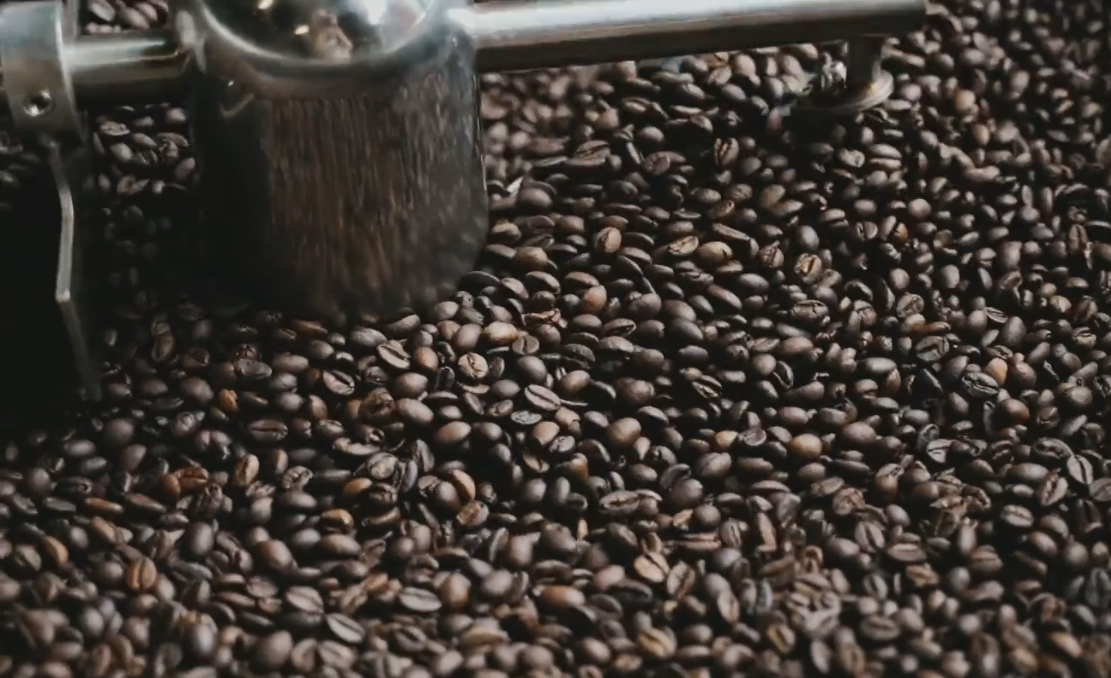
From green bean exporters to specialty coffee roasters, every producer faces the same challenge: how to remove defects efficiently while protecting valuable beans. Problems such as mold, fermentation damage, insect bites, black beans, broken beans,...
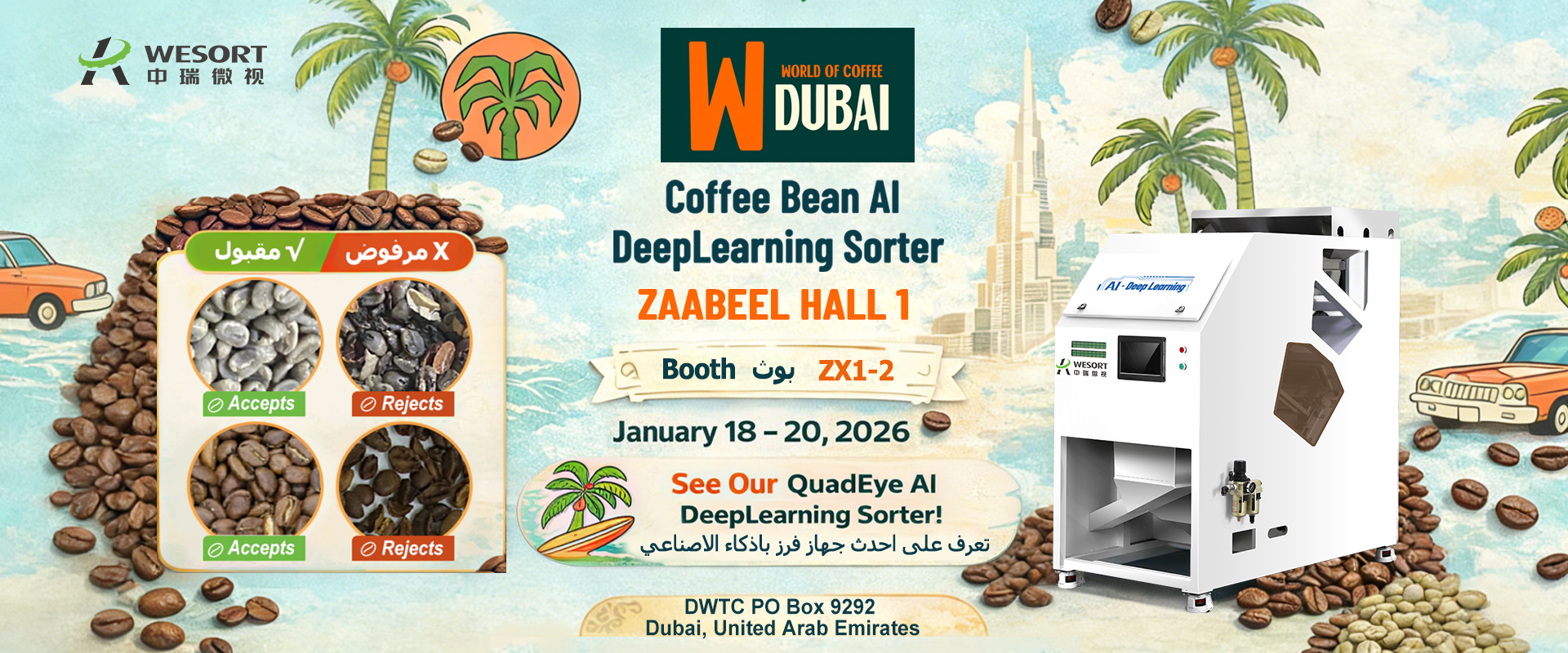
To meet the growing demand for premium and specialty coffee, sorting accuracy must go beyond traditional color-based systems. The QuadEye 360 AI Coffee Bean Sorter, developed by WESORT, represents the next generation of intelligent coffee bean so...

Dear friend, If you are attending World of Coffee Dubai 2026. we would like to invite you to visit WESORT. We will showcase our QuadEye 360 AI Coffee Bean Sorter, featuring 360° four-side inspection, AI deep learning models, near-zero breakage,...

Meta Description: Looking for the top hazelnut sorting machine manufacturer? WESORT offers advanced hazelnut color sorters with AI deep learning to efficiently remove defects, pests, and foreign materials. Boost your hazelnut processing efficienc...
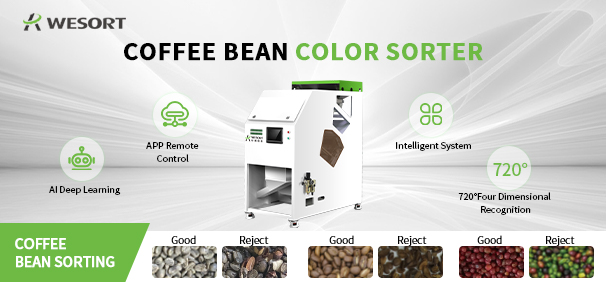
With the growing popularity of specialty coffee, the purity of coffee beans determines the aroma and taste of a cup of coffee. Achieving 99.9% purity requires high-performance coffee bean sorting equipment. Among Chinese coffee bean color sorter ma...
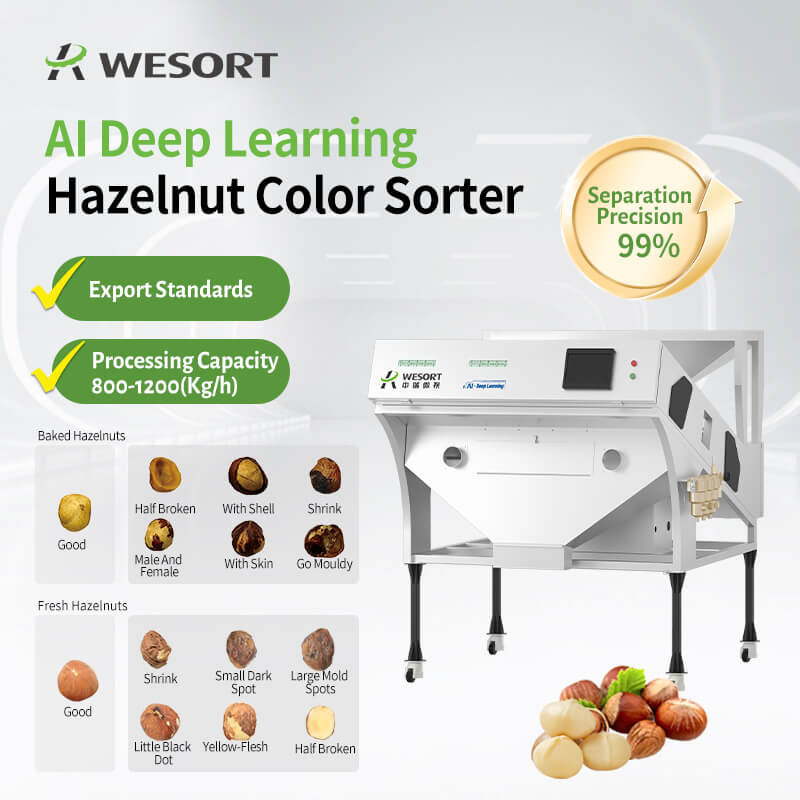
What's the most vexing issue in the hazelnut industry chain? It's not yield, but quality. Defects like mold, wrinkled skin, and foreign matter not only reduce product value but can also put export orders at risk. The solution isn't to increase the ...
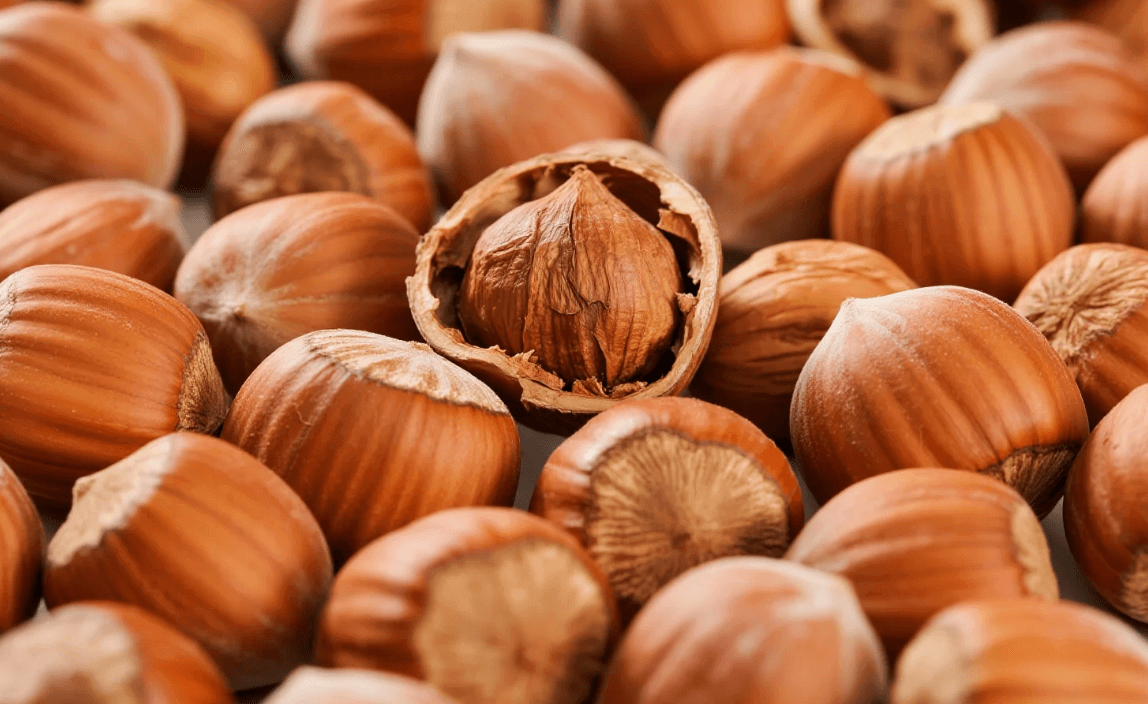
Every hazelnut tells a story—about the soil it grew in, the care during harvest, and the precision of its processing. Yet between farm and final product, hidden defects like mold, insect damage, and discoloration can turn premium hazelnuts into cos...
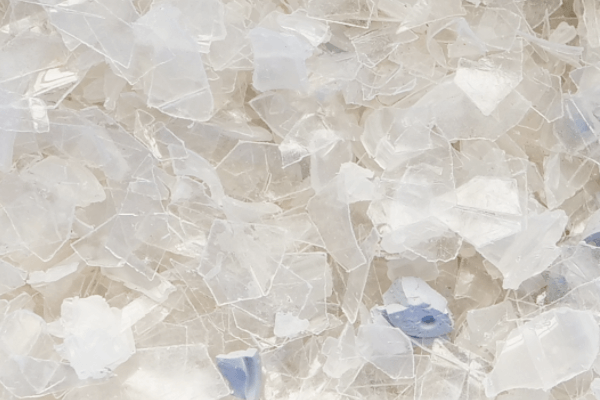
Plastic waste recycling is one of the most pressing challenges in today’s sustainability-driven world. Proper plastic sorting ensures high-quality recycled materials, reduces environmental impact, and improves profitability for recycling businesses...
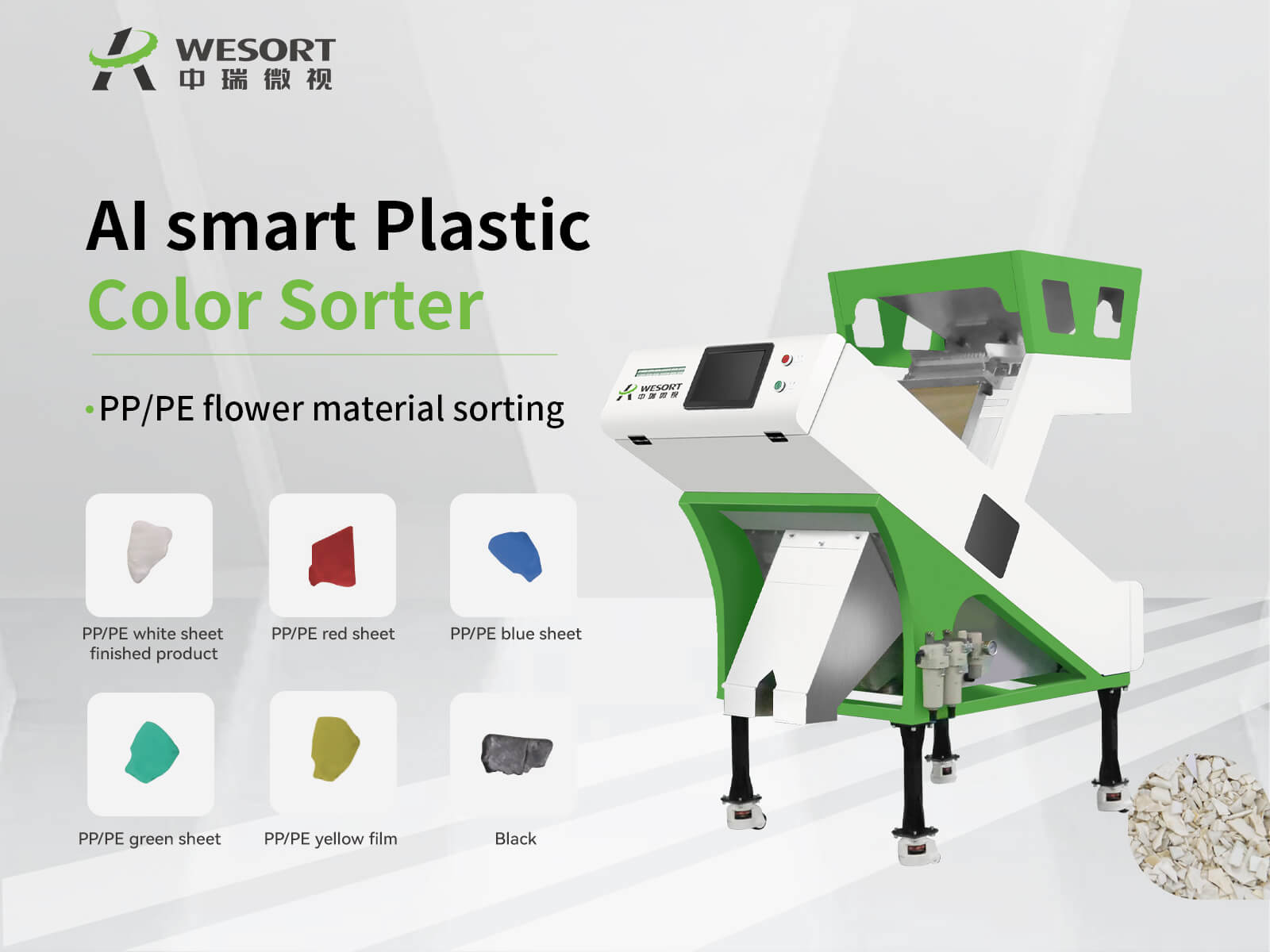
In the plastic recycling industry, purity and efficiency directly determine profitability. As global demand for recycled plastics increases, manufacturers need advanced solutions to separate impurities, improve yield, and ensure consistent product ...
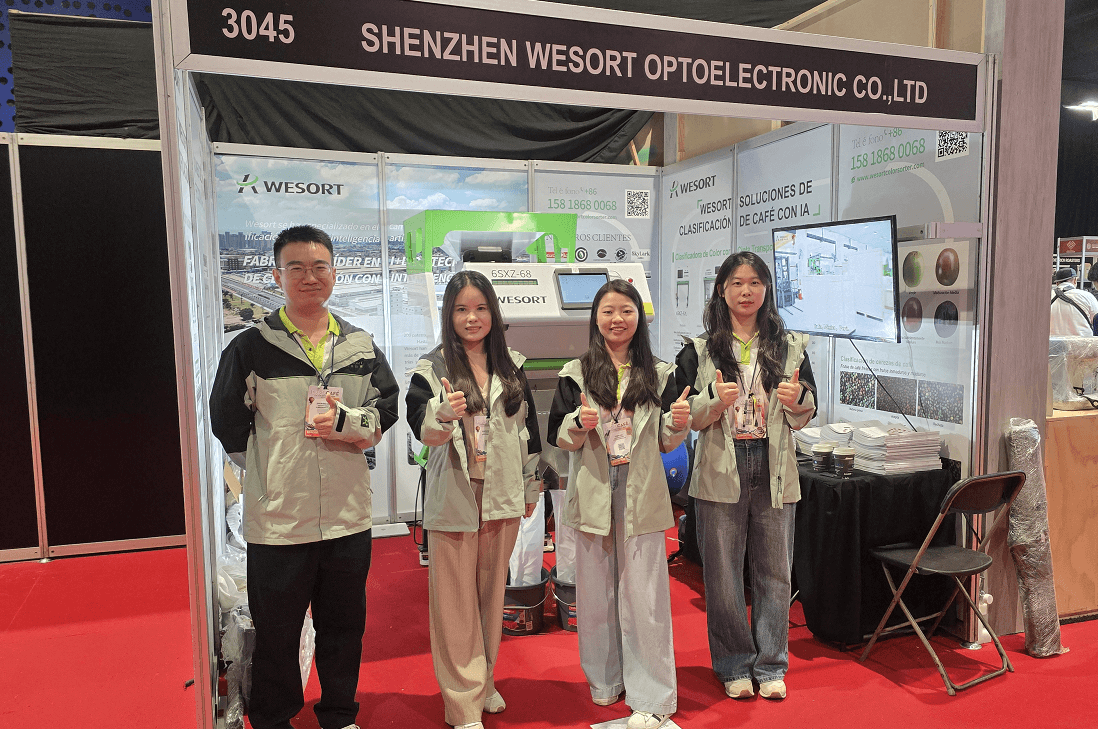
In Mexico, coffee is more than just a drink — it’s a culture, a tradition, and a vital industry. Yet, challenges like impurities, pest damage, and uneven coloration often diminish the value of even the most carefully cultivated beans. At EXPO CAFÉ...
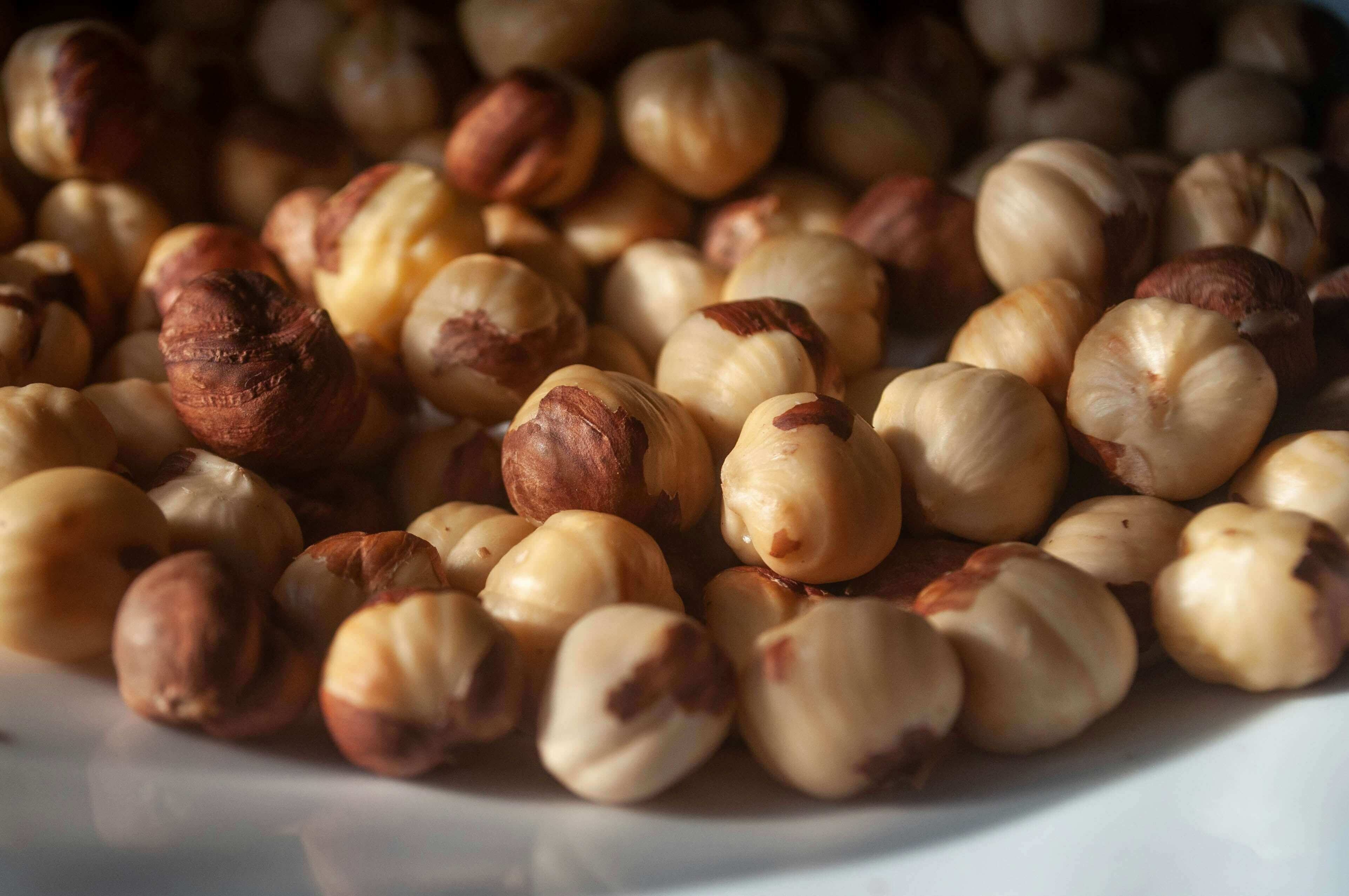
The global demand for hazelnuts continues to rise, driven by the growth of confectionery, bakery, and healthy snack markets. As consumption increases, so does the importance of quality control. Hazelnut processors face mounting pressure to deliver ...
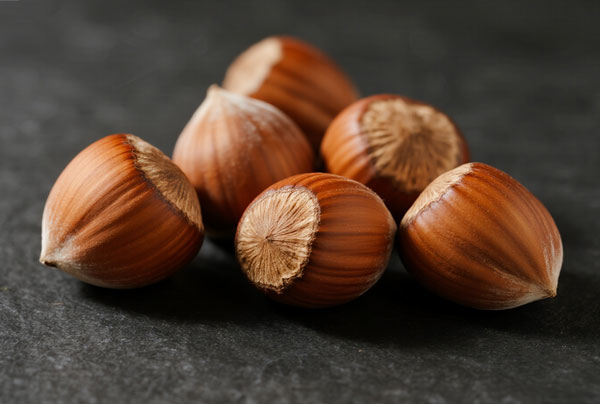
Hazelnuts are widely used in confectionery, bakery, and snacks, where product quality directly affects market value. However, hazelnut processing often faces serious challenges, such as pest infestation, seasonal labor shortages, and inconsistent m...
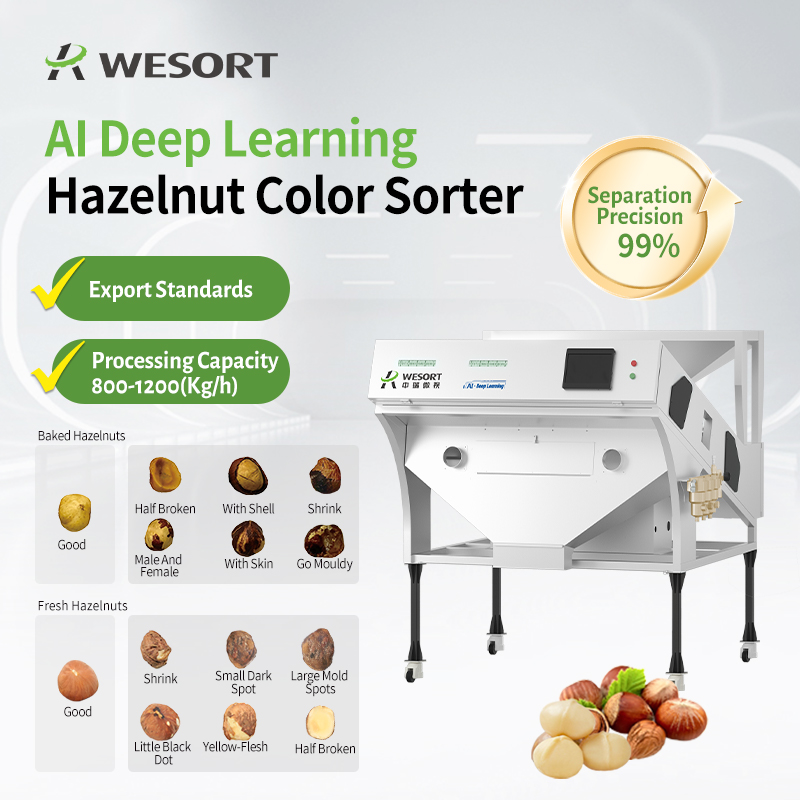
Hazelnut is the nut of the hazel and therefore includes any of the nuts deriving from species of the genus Corylus, especially the nuts of the species Corylus avellana. It is also known as cobnut or filbert nut according to species. A cob is roughl...
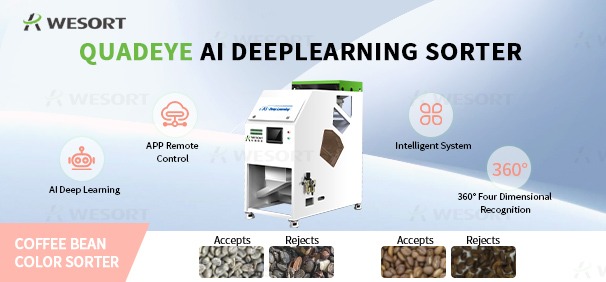
When you enjoy a smooth cup of coffee, you may not realize how much work goes into ensuring its purity and flavor. From harvest to cup, every step matters—and one of the most critical yet often overlooked stages is coffee bean sorting. Common Cof...
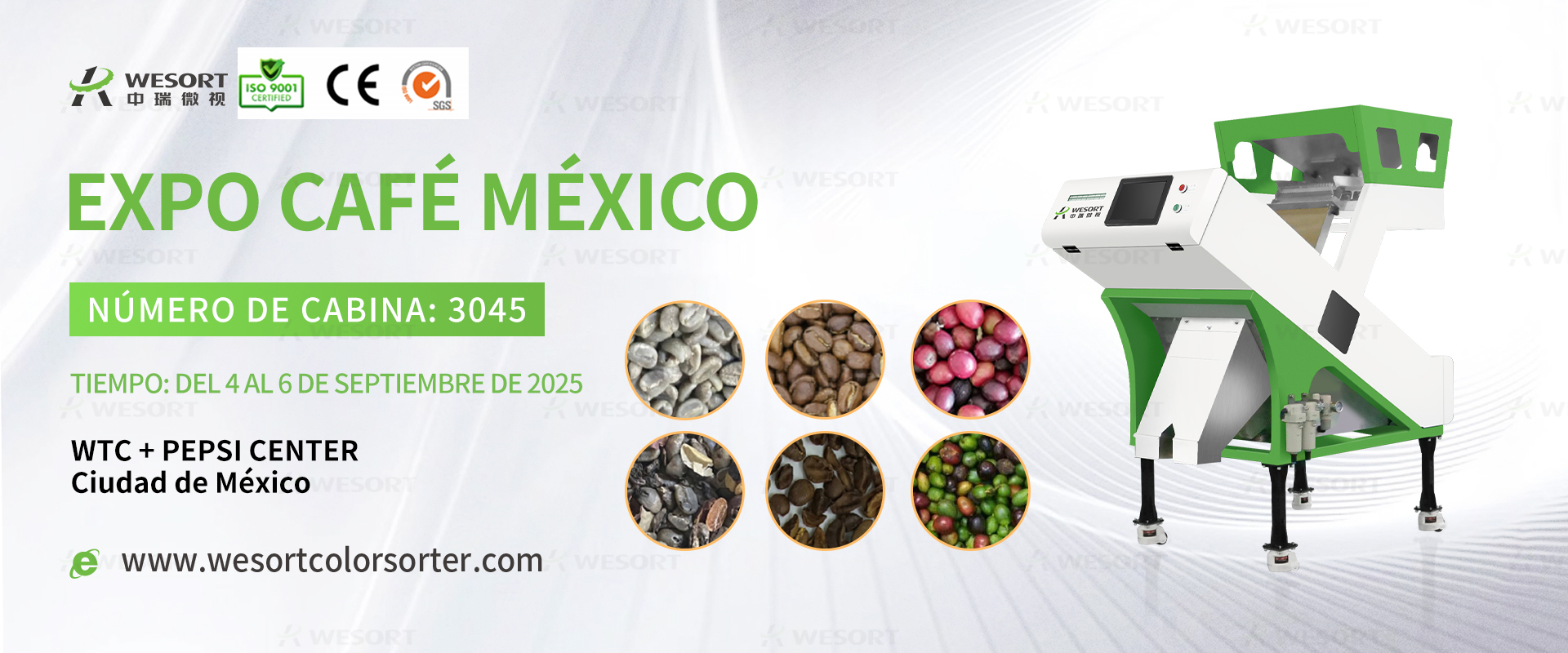
Dear Coffee Industry Partners, The Mexican Coffee Shop Expo 2025 is just around the corner—and WESORT , a leader in intelligent sorting technology, will be there to showcase our core solution for coffee processors: Coffee Bean Color Sorters. Mark...
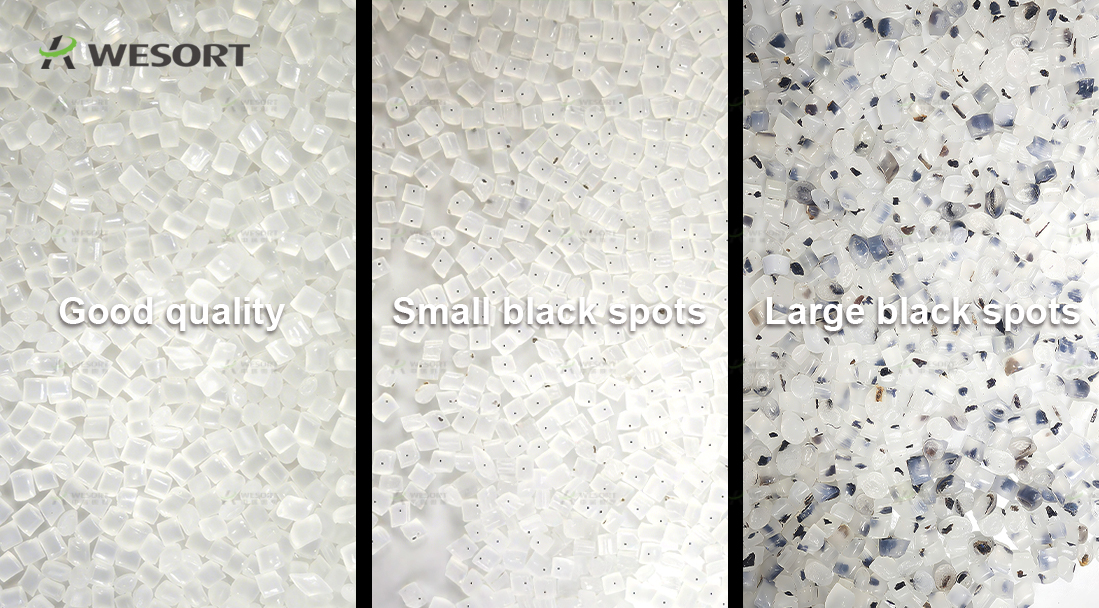
In the plastic pellet production process, color purity often directly determines the product's selling price and market competitiveness. Especially for transparent, white, or light-colored plastic pellets, even tiny black specks can affect the appe...

In modern agriculture, food processing, and recycling, quality control plays a vital role. This is where an optical sorter comes in. Many buyers often ask: What is an optical sorter? What does it do? How much does it cost? And how is WESORT optical...

In the coffee industry, the quality of the final cup often depends on the smallest details during processing. One crucial step is removing defective beans, foreign materials, and color inconsistencies. This is where a coffee bean color sorter plays...

Coffee processing is a complex and meticulous task that involves several stages to transform raw coffee cherries into the high-quality beans we enjoy in our morning brew. One crucial step in this process is the sorting of coffee beans based on thei...

In the world of walnut processing, even the smallest imperfection can significantly impact product quality, market price, and brand reputation. Mold, insect damage, broken pieces, or inconsistent color are common defects that reduce the value of wa...

From green bean exporters to specialty coffee roasters, every producer faces the same challenge: how to remove defects efficiently while protecting valuable beans. Problems such as mold, fermentation damage, insect bites, black beans, broken beans,...

To meet the growing demand for premium and specialty coffee, sorting accuracy must go beyond traditional color-based systems. The QuadEye 360 AI Coffee Bean Sorter, developed by WESORT, represents the next generation of intelligent coffee bean so...

Dear friend, If you are attending World of Coffee Dubai 2026. we would like to invite you to visit WESORT. We will showcase our QuadEye 360 AI Coffee Bean Sorter, featuring 360° four-side inspection, AI deep learning models, near-zero breakage,...

Meta Description: Looking for the top hazelnut sorting machine manufacturer? WESORT offers advanced hazelnut color sorters with AI deep learning to efficiently remove defects, pests, and foreign materials. Boost your hazelnut processing efficienc...